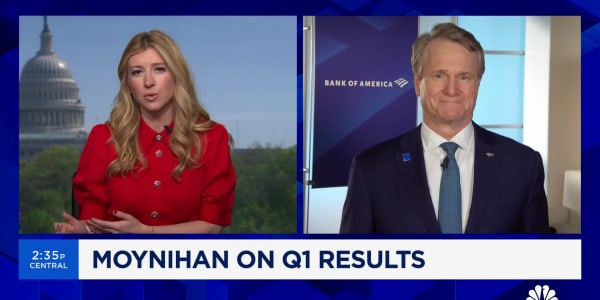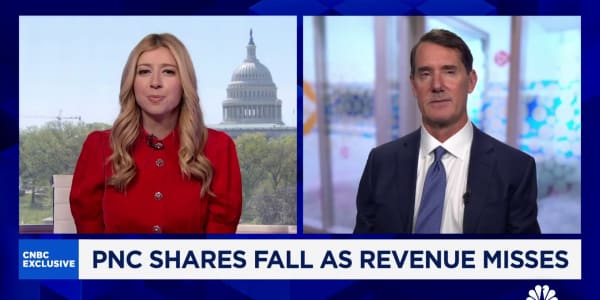We're in a bar near Penn Station on a Monday night.
There aren't many drinkers left, even though its only 8 pm. The commuters who indulged in start of the week happy hour drinks have headed westward to catch the train. A few tourists, possibly lost, populate the tables scattered around the place. A few middling sports fans glance up at televisions showing Monday night football.
"You wouldn't believe how f----ed this law is," our drinking companion says.
He works at a major US financial firm and has been assigned to a task force to implement the new financial-reform law. These groups exist inside all the biggest banks and investment houses these days.
We signal to the waitress to bring us another round of pints.
"When I went down to Capitol Hill, the Republicans said that there was nothing they could do. The Democrats wouldn't talk to them. The honest Democrats said the law was written at the behest of unions. The staffers who actually wrote the law had no clue. They were 24-year-old kids, sitting around in flip-flops, feet up on desks," he says.
These groups of financial pros spend their time pouring through the thousands of pages of financial reform passed into law this summer, attempting to figure out what they mean for their business.
There are some serious flaws in the legislation. Not just thing the bankers regard as "flaws" but problems in the way the law works. As an example, many provisions of the law require determinations to be made by a few different regulators—the Fed, the SEC, the FDIC—but provide no mechanism for resolving disputes between the regulators. These agencies have long histories of being fiercely territorial.
Differences will arise. No one knows what will happen then.
"We'd like to meet with our colleagues to discuss interpretations of the law but that has anti-trust implications. You can't just go meet with your competitors and discuss your business strategy for dealing with financial regulations," he tells us.
It's an instance where one law—antitrust—has unexpected implications for another—financial reform.
"The hope is that we'll be able to fix some of this in the rule-making process. But some of it will have to be amended in the next Congress," he says.
Regardless of the outcome of November's elections, he thinks there will be votes in both the House and the Senate to amend problems in financial reform. Many on Capitol Hill realize that the rushed process to put together the House and Senate versions of the law created some loopholes and unintended mismatches between parts of the law.
"Why are you guys trying to fix a law that you obviously dislike?" we ask. "Wouldn't it help you if the law just doesn't work. A court might strike it down if it is ridiculously incoherent."
"We want clarity. It's hard to plan for your business when you just don't know what the law means, when it is open to many different interpretations," he said.
It was time for another round. We waved to the waitress. She came to the table and smiled when we ordered another round. On a dead Monday night, serving beer to a journalist and a banker was about as good as it was going to get.
Questions? Comments? Email us at
Follow John on Twitter @ twitter.com/Carney
Follow NetNet on Twitter @ twitter.com/CNBCnetnet
Facebook us @






